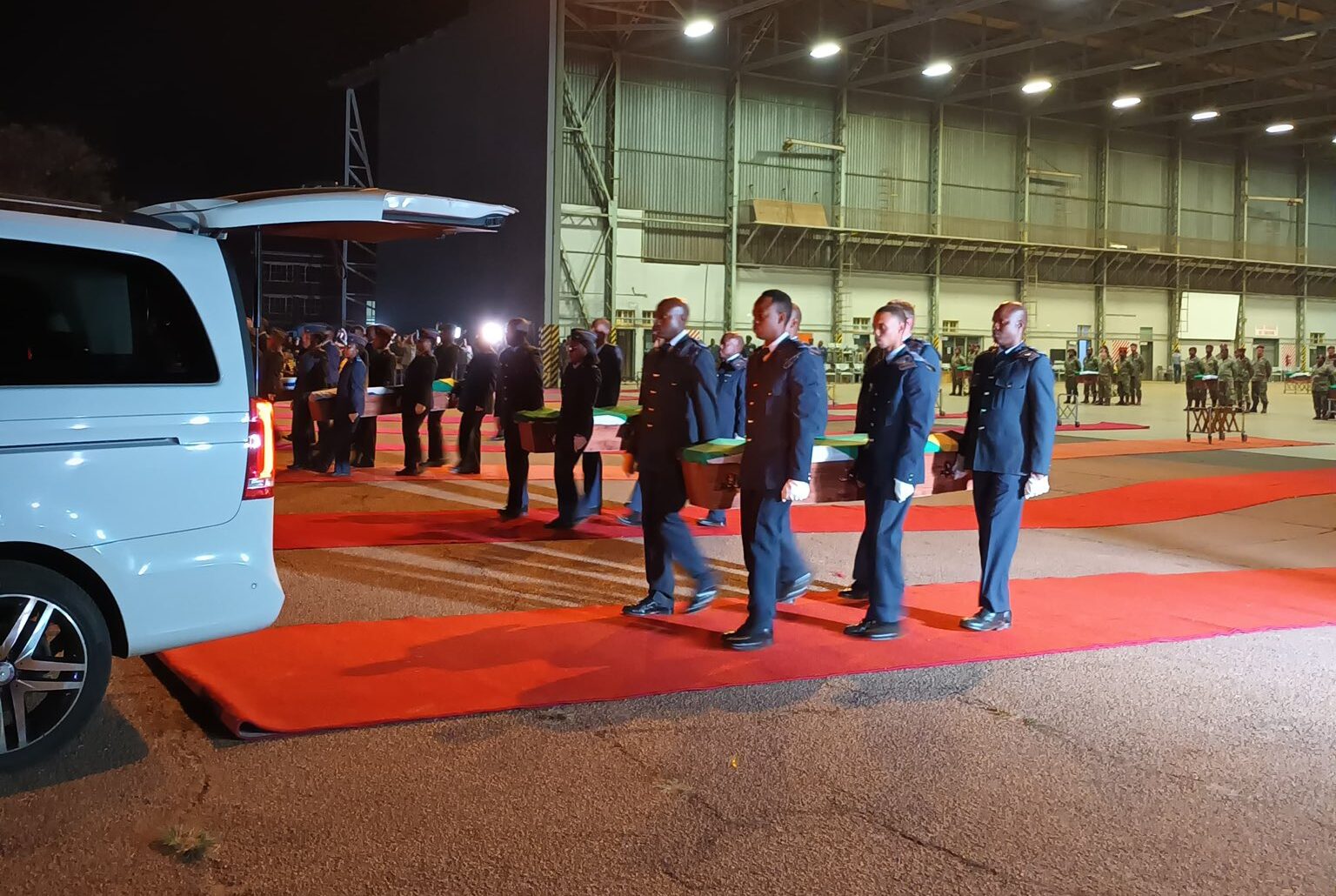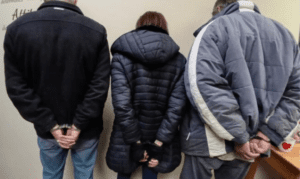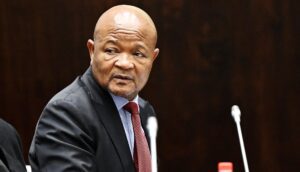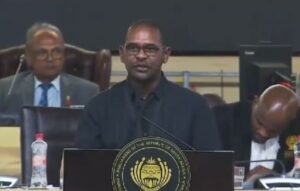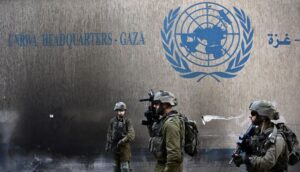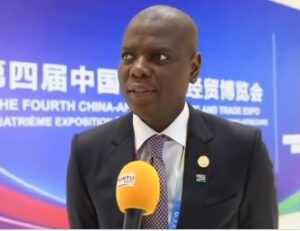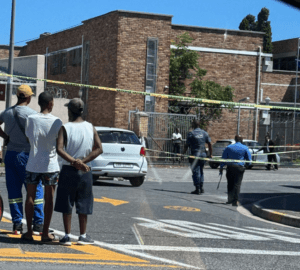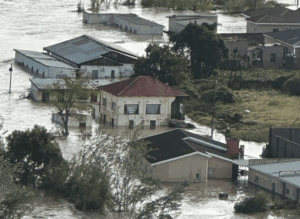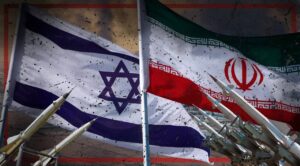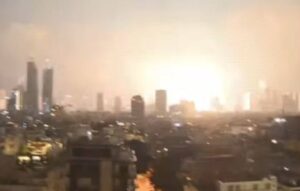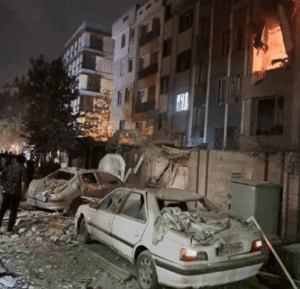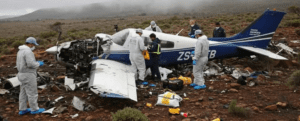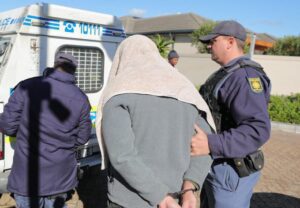The remains of 42 South African freedom fighters who died in exile during the struggle against white minority rule were returned to their homeland on Wednesday. Government officials and family members received them at the Waterkloof Air Force Base in Pretoria, following their exhumation in Zambia and Zimbabwe.
This repatriation is part of a government initiative aimed at bringing closure to families whose loved ones perished abroad while serving in the underground movements of both the African National Congress (ANC) and the Pan Africanist Congress (PAC). Before the end of apartheid in 1994, numerous activists left South Africa to receive military training elsewhere, intending to return and wage an armed struggle.
But why did so many choose Zambia and Zimbabwe as places of refuge? After being banned in South Africa, the ANC, led by Nelson Mandela, shifted its headquarters to Lusaka, the capital of Zambia. These countries became strongholds for underground operations, providing support and sanctuary to those evading arrest by the apartheid regime due to their involvement in anti-apartheid activities.
Among the remains returned were those of notable struggle stalwarts Duma Nokwe, Florence Mophosho, and Basil February. Many activists, like them, died in exile and were buried in foreign lands. Their return marks a significant moment in South Africa’s history, honouring those who sacrificed their lives for freedom.
Speaking during a Heritage Day event on Tuesday, South Africa’s Deputy President Paul Mashatile said the repatriation was part of efforts to teach future generations about the role played by many in the struggle against apartheid.
What ceremonies are planned to honour these heroes? President Cyril Ramaphosa is expected to host a homecoming ceremony for the repatriated remains on Friday before they are handed over to their families for reburials across the country. This event is anticipated to be a moment of national reflection and gratitude.
The government’s efforts do not stop with these 42 individuals. Officials announced on Wednesday that they are in the process of repatriating the remains of other South Africans from countries such as Lesotho, Ethiopia, Tanzania, Angola, Russia, and others.
This raises the question: what impact will this repatriation have on South African society? By bringing back the remains of these freedom fighters, the nation aims to acknowledge their contributions and ensure that their stories are not forgotten. It serves as a reminder of the sacrifices made for the country’s liberation.
The families of these activists have waited decades for their return. The repatriation offers them a chance to finally lay their loved ones to rest in their homeland, providing a sense of closure and peace.
As South Africa continues to heal from its past, such initiatives play a crucial role in educating the younger generation about the struggles endured to achieve democracy. The repatriation not only honours the deceased but also reinforces the values of freedom and justice that they fought for.

